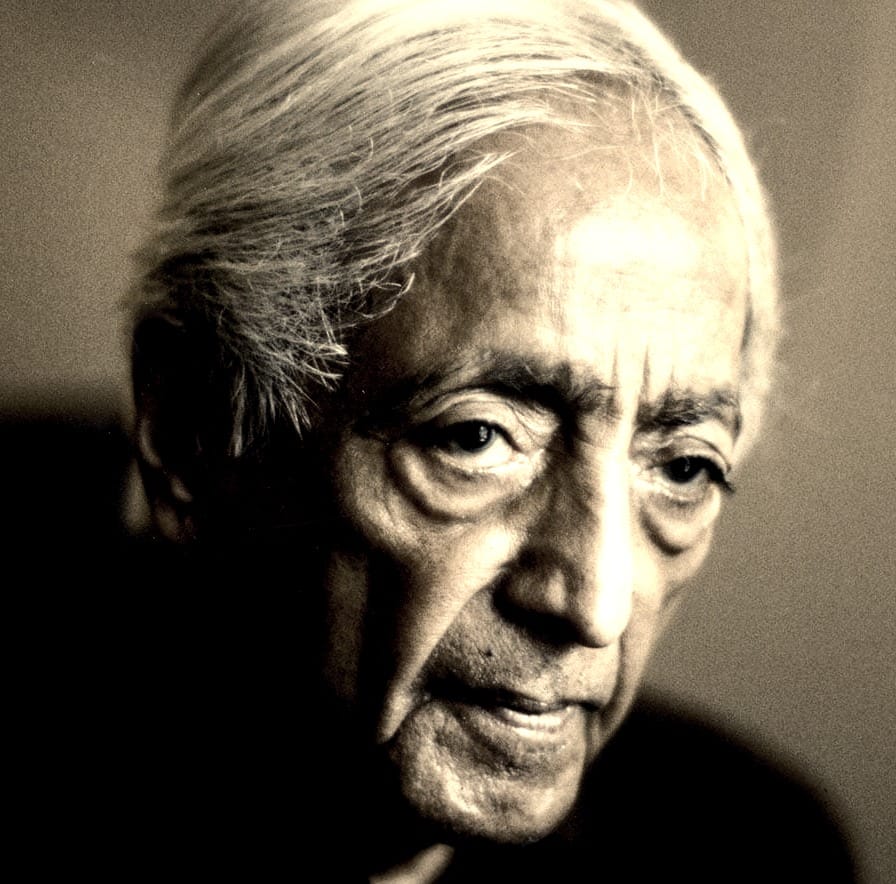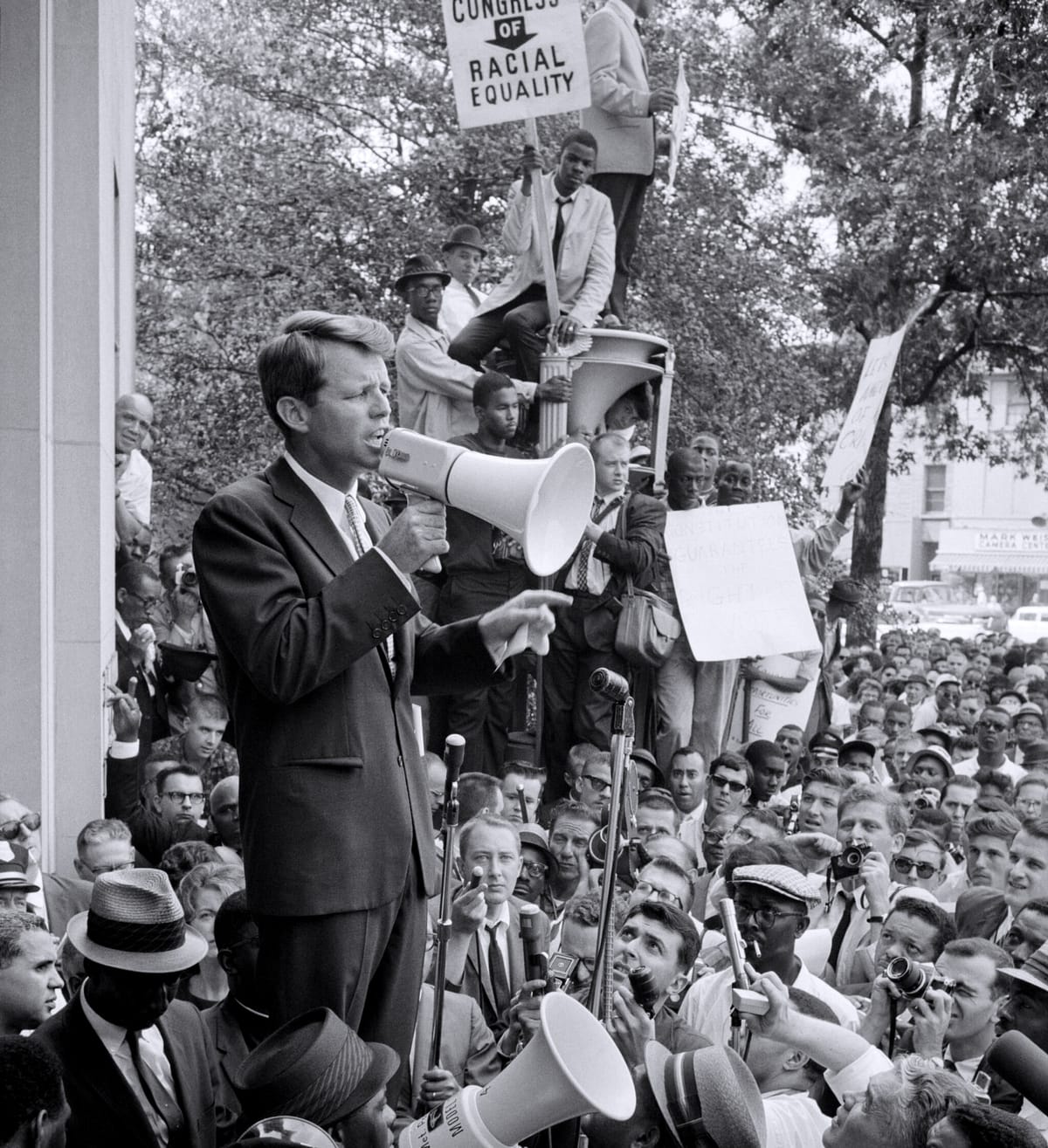4. Level - Integral Consciousness
Integral consciousness is the first level that transcends the fragmented perspectives of previous stages and develops a holistic view of life.

Integral consciousness is the first level that transcends the fragmented perspectives of previous stages and develops a holistic view of life.
At this level we recognize that all things are interconnected and that every perspective contains a part of the truth. We have the ability to integrate various viewpoints without being confined to a single ideology, religion, or worldview. Instead of being caught in dichotomies or group identities, we perceive reality as a complex, dynamic system that requires flexible and balanced thinking. More importantly, integral consciousness marks a fundamental shift in perception: humans are no longer seen as the center of life, but as participants within the greater unfolding of existence. Life itself is the central force, evolving through all expressions, including humanity, rather than being defined or dominated by human perspectives alone.
While earlier levels of consciousness are defined by identification with a particular self-image, ideology, or social status, integral consciousness moves beyond these limitations. It is the first level to genuinely understand systemic and organic interconnections and long-term developmental processes. However, this also makes it a minority perspective, as most of the society remains trapped in lower levels of consciousness.
Keywords
- Holism – The ability to integrate different perspectives and recognize them as part of a larger whole.
- Systemic Thinking – Understanding that all things interact and that problems should not be viewed in isolation but within their broader context.
- Meta-Perspective – The ability to look beyond ideologies and belief systems to recognize patterns in human thinking and behavior.
- Ambiguity Tolerance – Acceptance of contradictions and the coexistence of different truths without resorting to absolute or dogmatic explanations.
- Integrative Identity – Identification not with a single group but with the totality of life.
- Compassion – A deep understanding and empathy for all living beings, recognizing their interconnectedness.
- Collaboration – The ability to work together across different perspectives to create holistic and sustainable solutions.
- Adaptive Governance – The ability to evolve political and social structures dynamically, based on systemic understanding rather than rigid frameworks.
- Holistic Policy-Making – Crafting policies that consider long-term effects, interconnectedness, and sustainability rather than short-term political gains.
- Participatory Wisdom – Moving beyond traditional democracy by integrating diverse perspectives and deep collective intelligence.
- Systemic Justice – Recognizing the deeper structural causes of inequality and seeking solutions that go beyond punishment or reactive measures.
- Transcendent Citizenship – Seeing citizenship not as national belonging but as a responsibility toward the entire planetary system.
- Conscious Leadership – Leadership that is rooted in wisdom, ethics, and a recognition of the interdependence of all life.
- Egalitarian Synergy – A societal structure where equality is achieved through conscious collaboration rather than competitive ideologies.
- Resonant Cooperation – Social interactions based on alignment with shared well-being rather than transactional or adversarial models.
- Integral Media – Information dissemination that fosters deep understanding rather than emotional manipulation or fragmentation.
- Cultural Integration – Recognizing the value of all cultures while transcending ethnocentric limitations and biases.
Historical Context
Integral consciousness developed as a response to the limitations of earlier ways of thinking. While the modern era was shaped by rationalism and science (Personal Consciousness), integral consciousness emerged in the 20th and 21st centuries as a reaction to the fragmentation of society and the increasing complexity of the world. However, it is not merely a response to previous levels, but also an expression of the evolutionary tendency of consciousness itself—to become more complex, more interconnected, and more conscious. This unfolding is not random, but follows the deeper trajectory of life’s intrinsic movement toward greater integration and self-awareness.
Existence itself always favors evolution, but throughout history, great transformation has frequently been preceded by great destruction. So far, this has been humanity’s pattern: immense challenges, followed by collapse, which then create the conditions for renewal. At the Integral level, however, this cycle no longer needs to repeat. Learning itself becomes the driver of transformation, rather than crisis. Integral consciousness understands that learning is not merely a survival mechanism or personal development, but life’s innate desire to unfold, to evolve, and to reach ever greater levels of complexity and awareness.
Philosophers such as Jean Gebser[1], Ken Wilber[2], and Edgar Morin[3]described this level as the first stage that not only accumulates knowledge but integrates different forms of knowledge into a coherent whole. The transition to integral consciousness was also supported by systems theory, quantum physics, interdisciplinary thinking, and various spiritual schools/traditions. It is a level of consciousness that operates beyond ideologies and recognizes that truths are context-dependent.
Identity
Identity at the integral consciousness level is no longer bound to a rigid self-image or a single worldview. While previous levels were strongly influenced by group belonging (Identity Consciousness) or individual self-definition (Personal Consciousness), integral consciousness understands that identity is ever-changing.
- Self-Image: People at this level no longer identify solely with a single aspect of life (e.g., profession, nation, religion) but with the totality of their experiences and insights.
- Cognitive Development: The ability to use different models of thought simultaneously without being dominated by them.
- Emotional Development: Less attachment to ego structures, greater acceptance of uncertainty, and change.
- Spiritual Development: No dogmatic spirituality, but a natural openness to transpersonal experiences.
The shift in identification at this level is so radical and profound that, from the perspective of previous levels, it is almost unimaginable—it exists beyond conceptualization. At this stage, all previous levels are fully integrated, forming only a small part of an expanded identity. The ego is reduced to its natural size, leaving no space for unnecessary drama or suffering to take root.
We are no longer at the center of life; we are life itself, expressed through the form of a human being.
- We don't have a life, we are life.
- We view life through the eyes of compassion.
- Our identity is defined through being, not through stories. This marks the end of suffering and the beginning of a life lived in grace.
- We don’t have consciousness, we are consciousness.
- No more searching—we find.
- We don’t fight—we collaborate.
- Fear becomes an opportunity for learning.
- We see ourselves in others.
Recognizing ourselves in the eternal present moment, in the "I Am," we come to understand that death is nothing more than a transformation of form, and that eternity means living beyond time.
It is important to note that this is not yet full enlightenment, even though the clarity of this level shines brightly. There remains much to learn, and echoes of the conditioned mind from previous levels may still resurface. These echoes can be challenging, but now we know who we are, and we have the tools to navigate them. The greatest challenge at this level is the potential emergence of a "spiritual ego," which may attempt to reclaim control and maintain a sense of superiority.
Life becomes a dance. Even when we fall—and we will—we rise again without turning it into suffering, for we understand that life is learning, and consciousness is unstoppable. Only from this place can we bring about real change in the world—a radical shift in consciousness.
Core Dynamics and Characteristics
Integral consciousness has several key attributes that distinguish it from lower levels:
- Perception of Patterns and Systems – Recognizing that social, economic, and ecological systems cannot be viewed in isolation.
- Transcendence of Dualism – Overcoming "either-or" thinking; understanding that truth lies in synthesis.
- Constant changing Identity – No rigid self-image; the ability to adapt to different contexts without losing the inner core.
- Conscious Decision-Making – Decisions are based not on short-term personal benefits but on long-term systemic impacts.
- Post-Ideological Stance – The ability to think beyond ideologies without being constrained by fixed mental models.
Societal and Political Implications
Due to the maturity it requires, integral consciousness remains a minority perspective. It has limited influence in political and social structures because democratic systems are heavily influenced by emotional and identity-based mechanisms that are deeply rooted in lower levels of consciousness.
- Democracy and Politics: Integral thinkers recognize the structural flaws of democratic systems and seek new forms of decision-making that go beyond majority rule. They understand that the electoral system is driven by short-term emotional reactions and manipulated narratives.
- Economy and Environment: Holistic perspectives promote sustainable solutions that work long term rather than being driven by short-term profit.
- Social Awareness: Encouraging a collective consciousness based on mutual understanding and cooperation rather, than competition and division.
Obstacles on the Path to Integration
Although integral consciousness represents an advanced stage of development, it faces several challenges:
- Isolation: Since the majority of society remains at lower levels of consciousness, integral thinkers can be isolated and struggle to convey their perspective.
- Lack of Influence: Political and economic power structures are based on conflict, identity thinking, and short-term interests—elements that integral consciousness has transcended. As a result, it remains ineffective within existing systems.
- Lack of Critical Mass: Because this level requires significant inner work and maturity, it remains a minority perspective with limited capacity to drive systemic change.
However, despite these obstacles, this level represents the natural evolution of human consciousness, moving toward a more integrated and holistic understanding of existence. The evolution of life on Earth follows a clear direction from simplicity to complexity, and from unconsciousness to consciousness. While this evolutionary tendency has faced setbacks, it remains intact, continuously driving forward. In this sense, evolution itself "supports" the unfolding of this level, as it aligns with the deeper trajectory of life’s progression.
Transition to the Last Level
The transition from integral consciousness to the nondual level marks the final step in the journey where life itself becomes fully conscious. While integral consciousness recognizes the diversity and complexity of the world, nondual consciousness takes this further by seeing all separation as an illusion.
- Letting Go of Subject-Object Duality – Recognizing that no fundamental separation exists between the self and the world.
- Direct Experience of Unity – Not just an intellectual understanding of interconnections, but a deep, immediate experience of the interconnectedness of all existence.
- Dissolution of the Individual Ego – The self is no longer seen as a separate individual but as an expression of a larger field of consciousness.





Footnote
- Jean Gebser (1905–1973) was a German-Swiss philosopher and cultural historian, best known for his work on the evolution of human consciousness. His most influential book, Ursprung und Gegenwart (The Ever-Present Origin), explores the development of human consciousness through various stages of cultural evolution. Gebser’s work is considered foundational in the fields of Integral Theory and consciousness studies. ↩︎
- Ken Wilber (1949) is an American philosopher and writer known for his work in integral theory, which seeks to synthesize knowledge from various disciplines, including psychology, philosophy, spirituality, and science. He is the founder of the Integral Institute and has developed the AQAL (All Quadrants, All Levels) framework, which maps different dimensions of human experience and consciousness. Wilber’s work has been influential in transpersonal psychology and modern spirituality, drawing on thinkers like Jean Gebser, Sri Aurobindo, and Carl Jung. His most well-known books include The Spectrum of Consciousness (1977), Sex, Ecology, Spirituality (1995), and A Brief History of Everything (1996). ↩︎
- Edgar Morin (1921) is a French philosopher and sociologist known for his work on complexity theory, systems thinking, and transdisciplinary epistemology. He developed the concept of "complex thought", which challenges reductionist approaches in science and emphasizes the interconnectedness of all phenomena. His six-volume work, La Méthode (1977–2004), outlines a methodological framework for understanding complexity in various domains, from biology to social sciences. Morin has also been an advocate for educational reform, arguing that modern education should prepare individuals for an uncertain and interdependent world. His ideas have influenced fields such as ecology, management, and global governance, positioning him as a leading thinker in contemporary complexity studies. ↩︎




